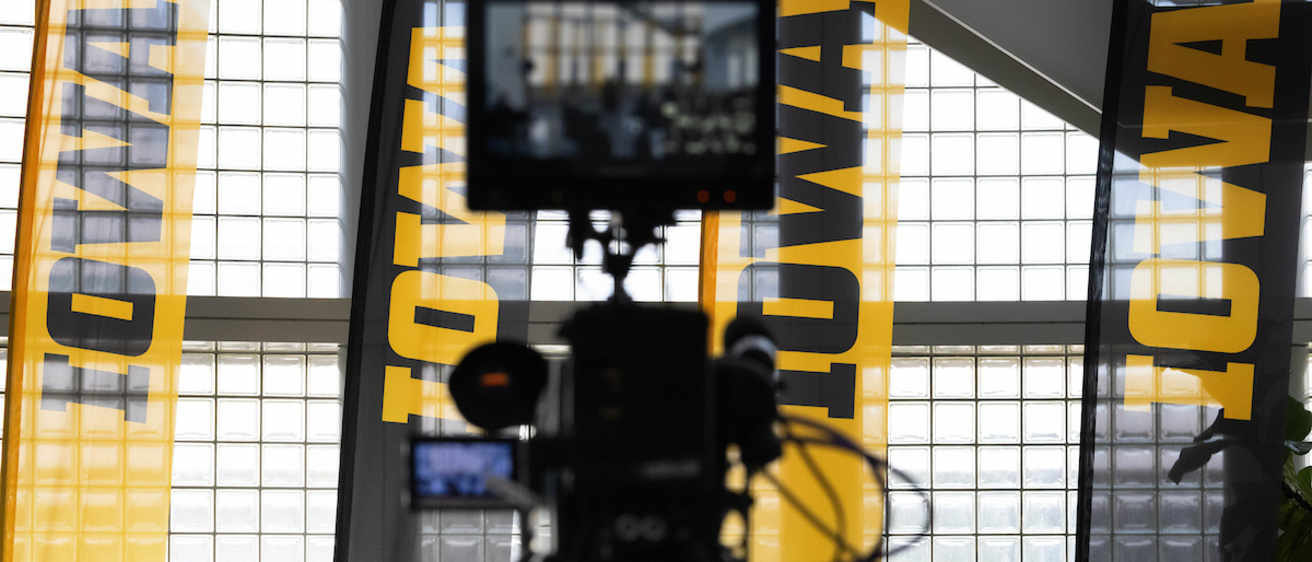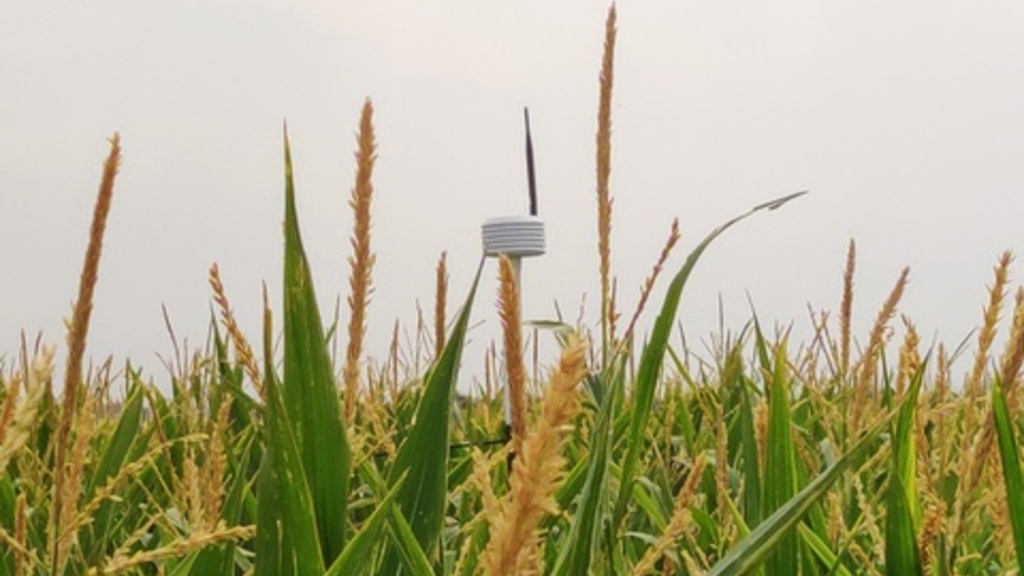
Breadcrumb
- Home
- News & Events
- Media Coverage
Media Coverage

University of Iowa researchers use electrochemical, biomedical engineering expertise to develop new health care technology
Sunday, February 22, 2026
The Gazette
UI engineering professors Suresh M.L. Raghavan and Syed Mubeen developed a portable oxygen concentrator.

Can AI stop, or even prevent, abuse?
Tuesday, November 4, 2025
Iowa Public Radio
River to River host Ben Kieffer spoke with Aislinn Conrad, a former child welfare investigator, and mechanical engineer Karim Abdel-Malek. The two are developing an AI system that monitors physical behaviors to detect violence as it happens.

A Daily Boost in Dust Height
Wednesday, February 12, 2025
NASA Earth
“Accurately measuring dust height is crucial for tracking plumes in three dimensions, predicting dust’s impact on weather and climate, and assessing air quality risks,” said Jun Wang, the director of the Atmospheric and Environmental Research Lab at the University of Iowa.

KGAN-TV Special Report: New AI camera system would provide critical evidence in child abuse cases
Tuesday, February 11, 2025
Two professors at the University of Iowa are developing a new camera system that uses Artificial Intelligence to detect child abuse as it’s happening.

Can AI detect abuse? These UI professors say it can
Monday, November 11, 2024
Corridor Business Journal
University of Iowa researchers working on camera that uses AI, physics to detect physical abuse in vulnerable populations.

University of Iowa professors develop camera program to identify abuse
Monday, October 21, 2024
Karim Abdel-Malek, University of Iowa professor and interim director of the Iowa Technology Institute, and social work Associate Professor Aislinn Conrad are working to develop an artificial intelligence camera system that could eventually track and catch child abuse as it happens.

University of Iowa Technology Institute researcher secures nearly $1 million grant to advance quantum computing
Friday, September 27, 2024
Corridor Business Journal
Fatima Toor, the Lowell G. Battershell Chair in Laser Engineering at the University of Iowa, has been awarded a $999,985 grant aimed at advancing the development of next-generation computing technologies.

University of Iowa awards $6 million to expand weather, soil network for Midwest farmers
Wednesday, August 14, 2024
Iowa's News Now
Earlier this year, the University of Iowa's National Science Foundation awarded a $6 million grant for a project to help midwestern agricultural communities deal with the changing climate.

$6 million award helps Univ. of Iowa collect weather data in rural areas
Friday, August 2, 2024
KCRG
Thanks to a grant from the National Science Foundation, the University of Iowa will be using tech of its own design to improve climate and weather predictions in rural areas.

UI leads $6M NSF-funded initiative to combat severe weather in the Midwest
Wednesday, July 31, 2024
Corridor Business Journal
The University of Iowa has secured a $6 million, four-year grant from the National Science Foundation (NSF) to spearhead a multistate initiative aimed at aiding Midwest agricultural communities facing the increasing challenges of severe weather, including floods, droughts, and heat waves.
Pagination